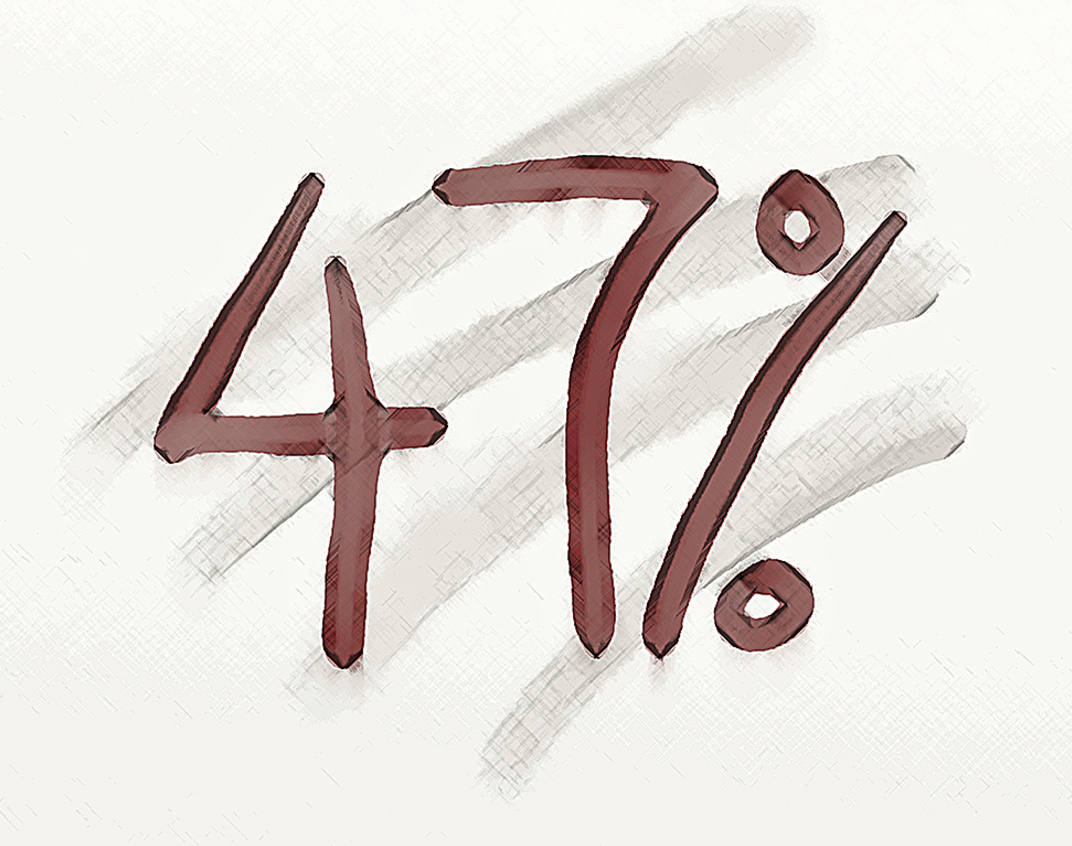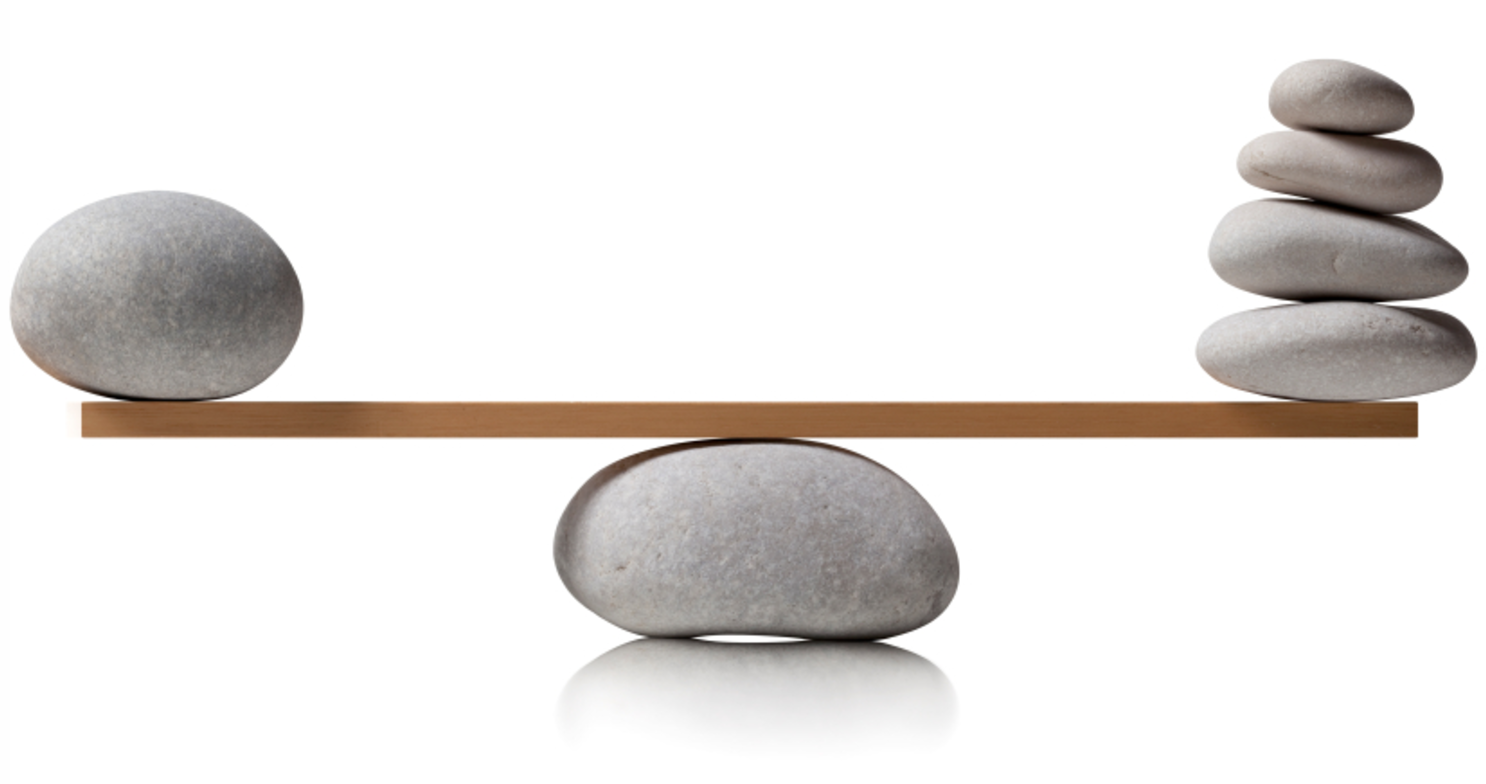|
We often hear that listening is such an important skill to better develop within ourselves. Most of us strive to be better listeners. However, the reality is that it can be very easy to fall into the trap of always wanting to share our beliefs, ideas, opinions, and suggestions without really taking the time to deeply understand others.
How often do we take the time to dig more deeply into the perspectives of others and to better understand why they think the way that they do? How often do we take the time to ask questions that probe beyond a superficial level? When was the last time you asked more questions in a conversation (personal or professional) with another person than being the one to do the majority of talking? Here’s a little test for you. Take just one day to focus on the number of questions that you ask others. Don’t set the intention to ask more questions, just go about your normal day as you would. In doing so, try to be more self-aware of the questions that you ask others. Be more aware of how much time you devote to listening to their answers and asking even more questions to dig deeper into their thoughts. Our work can be greatly enhanced by becoming better listeners and asking better questions. As I aim to be a better listener myself, these are things that I am reflecting on.
3 Comments
Our thoughts are underscored by our beliefs and our beliefs are often what drive the decisions that we make in regards to how we change our teaching practice. How our beliefs change over time depends upon our ability to step back and look at the assumptions that we hold about what we feel is most important.
How has your teaching practice changed over the past year? How different are you now than you were a year ago at this time? How is your program different than it was a year ago? What are you committed to changing next school year based upon what you have learned about yourself and your teaching throughout this past school year? What do you need to be aware of within yourself in order to succesfully implement future change in your teaching practice? The need for change does not imply that we are not doing our jobs well. Better accepting the need for change means that we are willing to learn, grow, and continually develop ourselves and challenge the beliefs and assumptions that we hold. Easier said than done, but important to put into action. According to a Harvard study, 47% of our time is spent by our mind in thought. Seems quite normal that people do a lot of thinking throughout the day while at work. However, this study delves more deeply into our thoughts and has found that most of the thoughts we experience on a day-to-day basis are quite negative and anxious in nature. The study has shown that our minds are often times taken over by meandering thoughts that pull us away from being present with whatever activity that we are actually doing at the time. The research also indicates that lack of presence is the root cause of most unhappiness in our lives, meaning that when we are distracted and not present with whatever the actual task is that we should be focused on, it has a negative impact on our well-being. Employing mindfulness strategies in our lives allows us to be more present and put less energy and attention into being consumed by our thoughts. A great place to begin to learn more about mindfulness and to actually experience some strategies to calm the mind is by downloading the Headspace app which was created by Andy Puddicome. Try out the free 10-day mindfulness challenge that Puddicome leads listeners through on the app. You own’t be disappointed. Give it a shot. "We are anxious about feeling anxious." David Steindl Rast, a Benedictine monk living in New York, gave an inspiring Ted Talk a few years ago that revolved around the theme of happiness. In his talk, he stressed the importance of being more mindful by taking time out each day to silently reflect on what is going well in our lives. A simple but profound thought that David shared was that we need to create more stop signs in our lives that slow us down to a halt in order to become more appreciative and grateful for the blessings that we have. How often do we actually do this? We can get so caught up in what’s not working well in our lives that we negate opportunities to focus on the good. In focusing on the good, we can begin to put more gratitude into practice in our lives. According to Steindl-Rast, putting more gratitude into action in our lives leads to greater happiness and fulfillment. This can be tough to do on some days, but just thinking about David’s work reminds me of the importance to take more action in this area. I’ve included David’s Ted Talk below for those interested in watching it. True effort and passion to make a difference can be contagious. It takes courage to be the one to try first. Change may take a Herculean effort that is not possible without the help of others, but being the first can motivate others to take action in order to make a lasting impact. Our profession provides us with an endless amount of opportunities to be the first to try. When we commit ourselves to this effort, we create the energy needed to inspire others to do the same. The 2-minute video below is a great example of how being first to try can make a genuine difference. Inherent within many of us is the need to know that we are doing a good job. It is normal to want praise and acknowledgement for the value that we bring to the work that we do. We all need praise to a certain extent as it serves to motivate us and keep us on the right track.
However, an over reliance on praise can lead to outcomes that we do not desire, such as complacency. Research has shown that the vast majority of us still seek an overabundance of praise rather than seeking the critical feedback necessary to make the improvements needed for continued growth and development. Seeking and receiving critical feedback is challenging, as it can cause feelings of vulnerability. Vulnerability does not equate to weakness or ineffectiveness. Making ourselves vulnerable requires risk and courage, especially when seeking and receiving critical feedback. However, it is very important to depersonalize this feedback when receiving it in order to move forward in positive ways. To learn from and accept our mistakes as being critical to the process of growth. How to find the balance between needing praise and seeking critical feedback is our greatest challenge. When we do find this balance, only great things can result. A beautifully, inspiring story about what it means to be a self-directed learner. In helping our students develop the gifts and talents that they possess, what conditions must be present for them to thrive? Does self-directed learning mean that we are no longer dependent upon others? In the video below, you will get a glimpse into the life of Julius Yego and learn more about his journey. What lessons can your students learn from the Julius Yego story? What can you learn from the Julius Yego story? It's worth your time to watch this 7-minute video. In his book Linchpin renowned best-selling author, Seth Godin, stresses the importance of exerting emotional labor in our work and in doing so, we produce interactions that the organization and the people will care deeply about.
Teaching is an emotional job that requires the ability to mentally and emotionally weather setbacks, frustration, failures, and disappointments. In exerting emotional labor, Godin believes that we become indispensable. Our jobs go beyond the checking of boxes and job descriptions to becoming personal pursuits of excellence. We might never attain true excellence but the process of striving to get there will be the most rewarding part of our professional journeys. Do you exert emotional labor in your work? Are you indispensable to your organization? If so, how do you continue to maintain that effort day in and day out in order to be your best? Excellent teaching requires ideation as the brainstorming of ideas helps to expand upon our ability to think our way through potentially new ways of delivering our units and lessons. Ideation provides us with different possibilities in regards to how we assess the next steps needed in the learning journeys of our students. Ideation can be a powerful tool during the planning process and has a specific purpose.
Although ideation plays an important role in the planning process, it's innovation that really kicks things into gear and forces us to take action on these ideas. Being innovative means that we are willing to constantly change and refine our units, redesign our teaching space, structure our lessons differently, and expect to experience failure along the way. Innovation is very different than ideation in this respect, but both are needed to bring out the very best in our teaching and in student learning. Innovative teachers rarely teach their units in the same way from year to year. They understand that there is a lot of room for flexibility in the curriculum to teach differently. They never allow themselves to stagnate and are never bored as their teaching always remains fresh and new. How innovative are you in your teaching practice? What conditions allow you to be your best innovative self? How do you take action to ensure you are continually refining your individual teaching practice and the program that your department delivers to students? As another school year comes to a close, it can be a very reflective time for teachers as they look back on the achievements and successes that they have experienced over the past ten months. Even the smaller day-to-day wins can certainly add up in regards to the value and the impact that we bring to student learning.
On the tougher days in teaching, when we seem overloaded with the demands of the job or when we hit roadblocks, we always manage to somehow breakthrough to achieve success and to make a difference. We might not realize it in the moment, but our efforts do matter. As rewarding as it can be to look back on our successes and our achievements throughout the year, it is equally important to have genuine appreciation for what our profession can offer us. An appreciation for the kindness and love that our students show toward us. An appreciation for the mentors and the leaders who guide us. An appreciation for those who give us their time and energy by listening to our complaints when things are not going our way. An appreciation for continued opportunities to learn. An appreciation for each day bringing us new possibilities. When finding that special balance between achievement and appreciation, we will not forget the true value that we bring to this profession but also the value that this profession also brings to us. |
AuthorKAUST Faculty, Pedagogical Coach. Presenter & Workshop Leader.IB Educator. #RunYourLife podcast host. Archives
September 2022
|
- Welcome
- All Things Teaching and Learning
- The Aligned Leader Blog
- Consulting and Coaching Opportunities
- My TED X Talk
- My Leadership Blog
- Run Your Life Podcast Series
- How PYP PE with Andy Has Helped Others
- Good Teaching is L.I.F.E
- The Sportfolio
- Example Assessment Tasks
- PYP Attitude Posters (printable)
- Publications




 RSS Feed
RSS Feed
